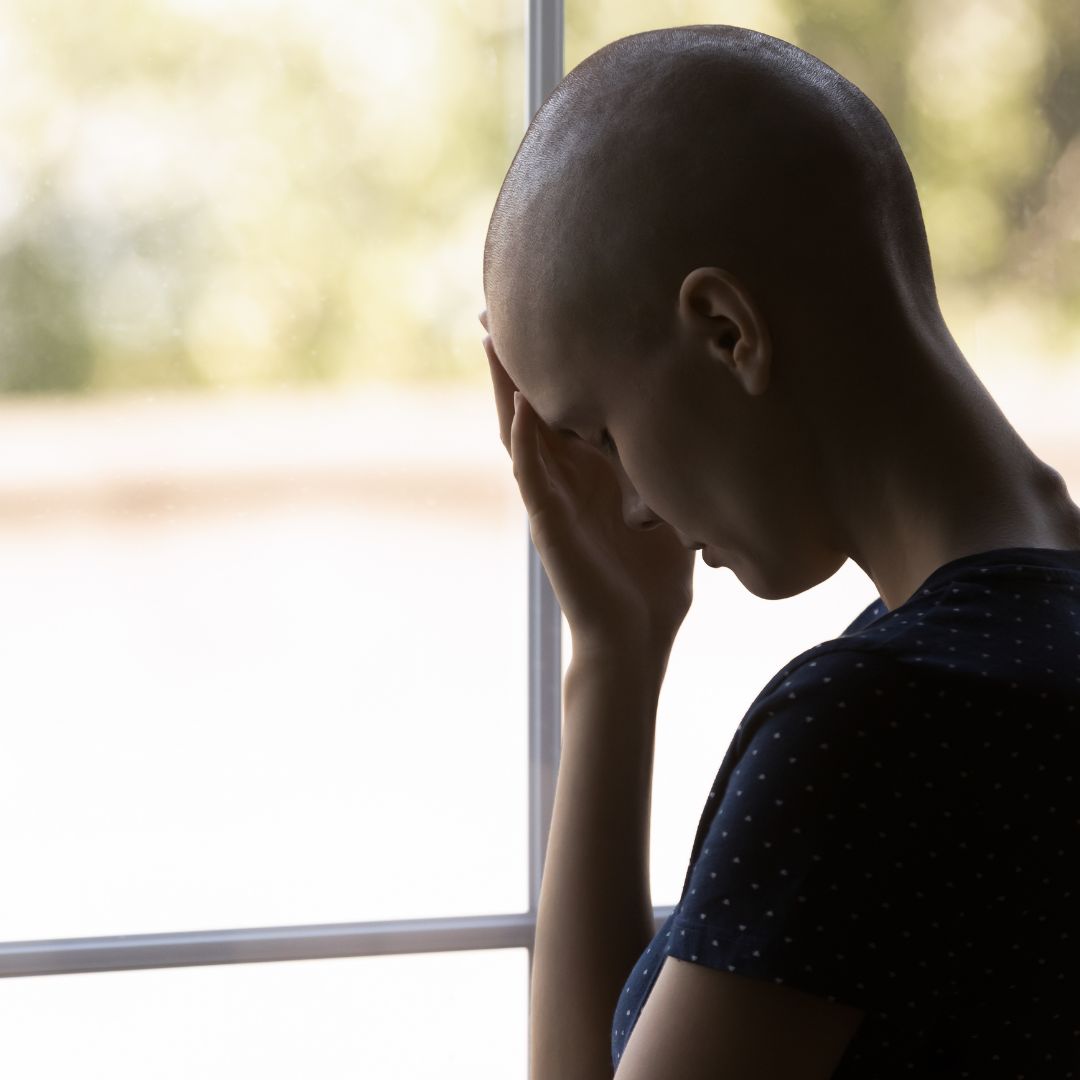
Every Cancer is the Same
While every cancer is unique due to its location and underlying causes, there are common factors that contribute to its formation. Each cancer typically develops in response to emotional issues, trauma, or toxins that accumulate in specific areas of the body. This combination of factors can create conditions favorable for cancer growth.
Cancers generally fall into two categories based on their physical characteristics: hard tumors and soft tumors.
Hard Tumors: According to Dr. Kelly, the approach to treating hard tumors differs from that for soft tumors. Hard tumors often present as more solid masses and are highly fungal in nature. They are surrounded by fungal growth rather than being composed of a mass of cancer cells intermingled with one another. Examples of hard tumors include certain types of carcinomas.
Soft Tumors: Soft tumors, such as lymphomas, sarcomas, and leukemias, usually consist of more fluid-like, non-formed masses. They are less defined and more dispersed compared to hard tumors.
Effective cancer treatment requires a comprehensive approach that includes testing for both cancer and infection levels simultaneously.
Additionally, understanding the emotional and trauma-related factors contributing to cancer formation is crucial. Identifying where the cancer is forming and pinpointing areas of weakness in the body allows for a targeted and precise approach to treatment.
This detailed, specific methodology is what sets our approach apart from others.

